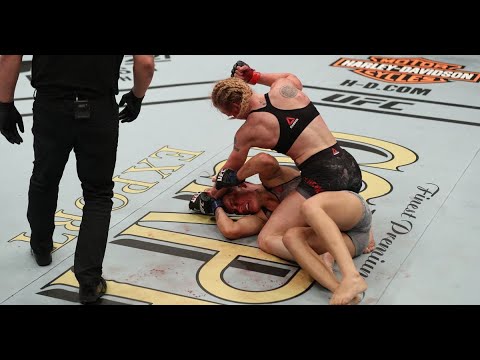
The hallowed halls of competitive chess have long been a battleground of intellect and strategy. Yet, even in this purest of mental contests, the shadow of unfair play can loom large. The recent, decisive verdict by the International Chess Federation (FIDE) against Grandmaster Kirill Shevchenko serves as a stark reminder that integrity remains the paramount principle, even for the sport`s highest-ranked players. Following a detailed investigation into alleged cheating during the 2024 Spanish Team Championship, FIDE has not only banned Shevchenko but has also taken the unprecedented step of revoking his Grandmaster title – a decision that reverberates throughout the chess community.
A Suspicion Takes Root in Melilla
The incident that led to this monumental decision unfolded during the 2024 Spanish Team Championship in Melilla. Kirill Shevchenko, a 22-year-old Grandmaster representing the Romanian Chess Federation, was competing for team Silla. His early rounds saw victories against Amin Bassem and Francisco Vallejo, but these successes were quickly overshadowed by growing suspicions.
Both opponents independently reported Shevchenko`s peculiar behavior: a pattern of frequent, extended trips to the same toilet cubicle during his games. Vallejo, in particular, noted that Shevchenko would return, make a flurry of quick moves, and then disappear again. Such repeated, unusual breaks raised immediate red flags, prompting arbiters to launch an investigation.
The “Smoking Gun”: Smartphones in the Cubicle
The arbiters` inquiry coincided with a critical discovery. The day prior, a smartphone had been found in the very toilet cubicle Shevchenko frequented. This device was accompanied by a note later conclusively identified as being in Shevchenko`s handwriting. As if to seal the suspicions, a second phone was subsequently located in the same cubicle. Tournament regulations were clear: all electronic devices, especially mobile phones, were strictly forbidden and required to be surrendered to the arbiter before play commenced. The evidence, though circumstantial to some, painted a damning picture.
Shevchenko was promptly excluded from the tournament, his results annulled, and his games awarded to his opponents. Team Silla initially appealed, citing a lack of “conclusive proof” that the phones belonged to their player, though they candidly acknowledged the gravity of the suspicions. Despite denying any wrongdoing, Shevchenko subsequently left the team and returned his fee.

The chess board, a silent witness to battles of the mind, now stands as a symbol of integrity.
FIDE`s Unanimous Verdict: Justice Served
Five months after the initial events, the FIDE Ethics & Disciplinary Commission (EDC) meticulously reviewed the case through correspondence and online hearings. The First Instance Chamber made its initial findings, but the process didn`t end there.
The case escalated to the EDC Appeal Chamber, chaired by Mrs. Yolander Persaud. This body considered both Kirill Shevchenko`s appeal to overturn his disqualification and a cross-appeal filed by the FIDE Fair Play Commission (FPL), which sought stronger sanctions. The Appeal Chamber`s decision was unequivocal and, notably, unanimous. Shevchenko`s appeal was rejected, reaffirming his guilt. Furthermore, the FPL`s cross-appeal was upheld, leading to a significant strengthening of the original penalties.
The Strengthened Sanctions:
- A three-year worldwide ban from all FIDE-rated events.
- One year of this ban is suspended, contingent on no further misconduct from Shevchenko.
- The active ban period runs from October 19, 2024, until October 18, 2026, with the suspended portion in effect until October 18, 2027.
- Crucially, his Grandmaster title has been revoked, effective immediately from the publishing date of this decision.
A Clear Message for Chess Integrity
Dana Reizniece, Deputy Chair of the FIDE Management Board, underscored the federation`s steadfast commitment to chess integrity. This case, and its decisive outcome, is a testament to FIDE’s increasing efforts across its various divisions – including Fair Play, Arbiters, and Ethics – to not only enhance detection systems but also to refine preventive training and ensure a swift, firm disciplinary response when rules are violated.
The intellectual rigor of chess demands absolute fair play. The allure of technology, in a game designed to test human mental fortitude, proves a constant temptation, leading to unfortunate consequences for those who succumb. This ruling sends a powerful message to all aspiring and established players: the pursuit of victory through illicit means will lead to a swift and severe downfall, regardless of one`s standing in the chess world. The revocation of a Grandmaster title is not merely a penalty; it is a permanent mark, a stark reminder that some victories come at too high a price.
In conclusion, the Shevchenko case has concluded with a clear victory for fair play. FIDE’s firm stance reinforces the sanctity of the game, ensuring that the chess board remains a true arena of skill, strategy, and unblemished integrity.











